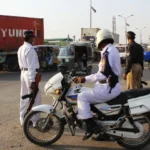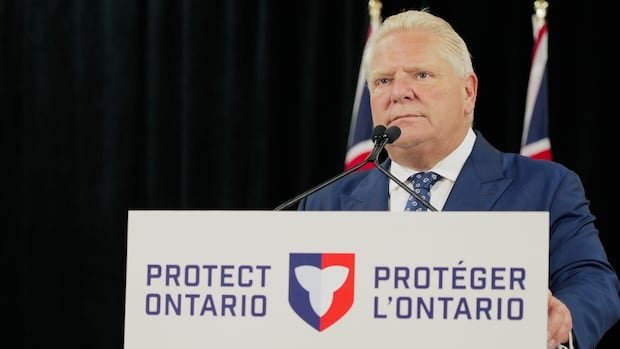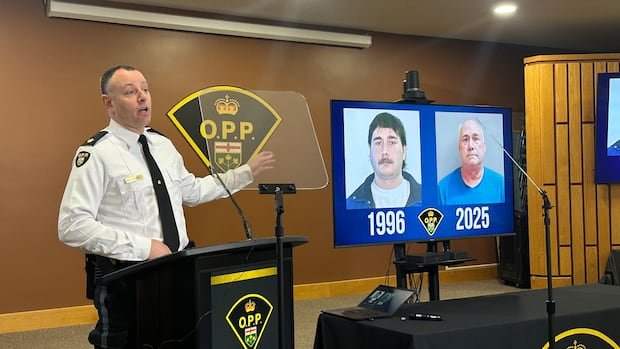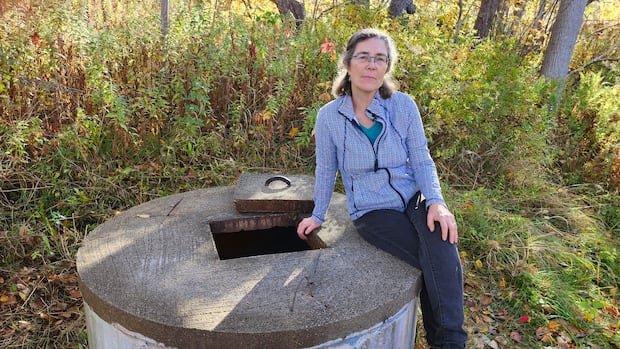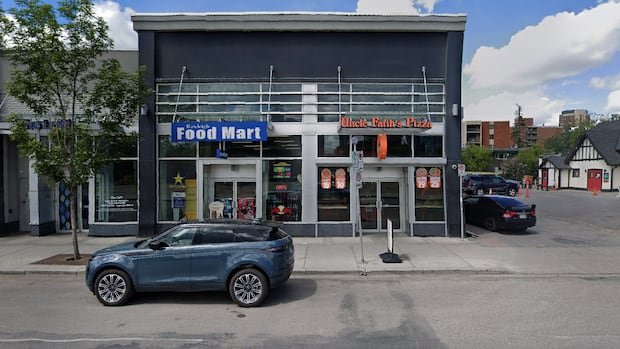Ontario Premier Doug Ford’s government is proposing to limit debate and prevent public participation on three bills, including one that would end the province’s speed camera program.
Government House Leader Steve Clark is proposing to fast-track a red tape reduction bill that includes a speed camera ban, a labor bill and an emergency management bill.
The government plans to stop any further debate at the second reading stage of the three bills, then completely avoid the committee stage that usually follows (a time to hear from the public about the bill and make amendments) and limit debate time for the final third reading stage.
In addition to banning speed cameras, the bill would allow greater movement of workers, primarily in the health sector, between provinces and “simplify” the Clean Water Act.
Ford has been vocal in recent months about his opposition to speed cameras, calling them a “cash grab” intended only to generate revenue for municipalities, but communities themselves, as well as parents, police chiefs and researchers at the Hospital for Sick Children, have said they save lives and should stay.
City officials are rejecting Doug Ford’s plan to eliminate speed cameras and met at a safety summit at City Hall with experts to make their case. Lane Harrison has more.
The labor bill includes requiring automated external defibrillators at construction sites and requiring job posting platforms to have mechanisms to report fraudulent job postings.
And the emergency management bill sets out roles and responsibilities that the government says would allow for better communication and coordination.
“I could have cut off the debate completely”: House leader
Clark said the ministers responsible indicated they agreed with the debate that had already taken place in the House for second reading. The bills will still be debated, Clark said.
“I could have decided to use closure and I could have cut off debate completely,” he said while debating the motion.
As for speed cameras and the red tape bill as a whole, the prime minister talked about speed cameras all summer and there has been a lively public debate, Clark said.
“No one should be surprised that the administration wants to move this bill forward after having been talking about it all summer into the fall,” Clark said in the legislature.

NDP House Leader John Vanthof was in the legislature to read quotes from Clark when he was Opposition House leader and condemned similar moves by the government of the day, as he had done before when the Progressive Conservatives limited debate.
But Vanthof first said the government wouldn’t have to worry about scheduling if it hadn’t waited until Oct. 20 for the legislature to resume after its summer break.
‘You slept in and now you’re rushing things’: NDP
“The leader of the State House said, ‘Well, it’s part of the programming, you know, and we have to solidify the programming,'” Vanthof said.
“Well, part of your scheduling problem is that you were a month and a half late. So you slept in and now you’re rushing things.”
The government limited debate and committee time on numerous bills in the legislature’s spring session, and Liberal parliamentary leader John Fraser says it feels like Groundhog Day as the government already begins to bypass normal processes in the second week of the fall session.

“They just think they can do whatever they want and people don’t pay attention to them,” he said.
“You have to take time. You have to do it right. You have to listen to the other side. And the government is not listening… When you rush things like this the way they are doing it, it serves no one, and it creates really bad laws.”
More than 20 mayors across the province asked Ford to modify the speed camera program rather than eliminate it entirely, but Ford quickly shut them down.
Ford has said it does not believe speed cameras work to prevent speeding, saying traffic calming measures such as speed bumps, roundabouts and large signs with flashing lights are more effective.
Data from several municipalities that have analyzed the effect of cameras on traffic speeds, as well as a different study from SickKids and Metropolitan University of Toronto, show that speeds are reduced.



